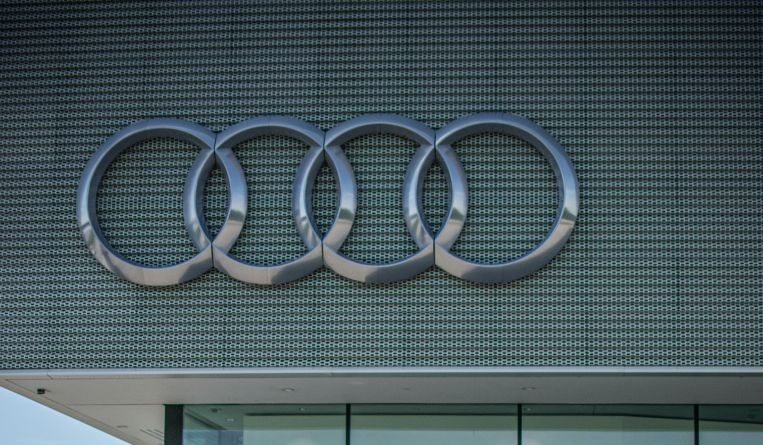In case an advertisement is accused of plagiarism, apart from severe damage on the reputations of the involved parties, they would also face legal consequences for copyright infringement. Justina Zhang, senior partner at TransAsia Lawyers, explained: “First, liabilities are driven by both advertising law and copyright law. Under article 63 of the advertising law, the advertiser, publishers, and ad agency bear civil responsibility according to applicable law, if the ad infringes legitimate civil rights and interests of other parties, which includes copyright. Under Copyright Law, civil liability for the infringing party (generally the advertiser) can include orders to cease the infringement, take remedial actions and/or issue an apology, and the payment of damages. Damages are calculated with reference to: (i) the actual losses suffered by the rights holder, or the illegal proceeds obtained by the infringer; or (ii) the royalties payable for such rights if it is difficult to calculate actual losses or illegal proceeds. If the above methods do not apply, then the court may award compensation ranging from Rmb 500 to Rmb 5 million (US$747,000).”
“As the advertiser is generally considered the owner of the copyright of the ads, the advertiser bears the directly legal responsibilities for copyright infringement by the advertisement. Under the agreement between the advertiser and the advertising agency which often produces the ad on commission, the advertiser will usually claim copyright ownership of the ads and request the agency to make reps and warranties that the ad will not infringe any third party’s rights. Thus, if there are any copyright claims against the ads, the advertiser should be able to request the agency to compensate. On the other hand, the endorser is generally not be liable for copyright infringement by the ads. Article 63 of the advertising law only lists ‘the advertiser, publishers, and ad agency’ as responsible parties, which does not include endorsers. In addition, as a performer, endorsers do not have a legal obligation to obtain license from the copyright owner. Thus, unless the endorser acts multiple roles, such as publisher or producer of the ads, he or she would not be responsible for copyright infringement for the advertisement.”
Zhang also advised advertisers and spokespersons about the precaution they should take to avoid the risk of copyright infringement. “For advertisers, key steps include: i) conduct due diligence to the extent possible on any proposed content, including draft materials (which can better demonstrate what materials the creative team referred to, or demonstrate many drafts indicating a genuine creative process); ii) ensure the service providers (including agency, producer, etc.) provide comprehensive representations, warranties, and indemnities relating to their core obligations, including originality of all content; iii) train their own employees and ask service providers to train their employees on IP and infringement issue. If an infringement still happens, then Audi’s actions here were largely correct – public apology and remedial actions (deleting the infringed work).”
“For spokespersons or endorsers, they must also be sure that their contracts impose strong obligations on the other parties, i.e. that the endorsement contract signed with the advertiser clearly stipulate the advertiser's guarantee of non-infringing content, including liability for breach. Such liabilities should include broad possible damages, given the risk to the endorser’s reputation and resulting loss of income that could result from a case like this.”
Ivy Choi








